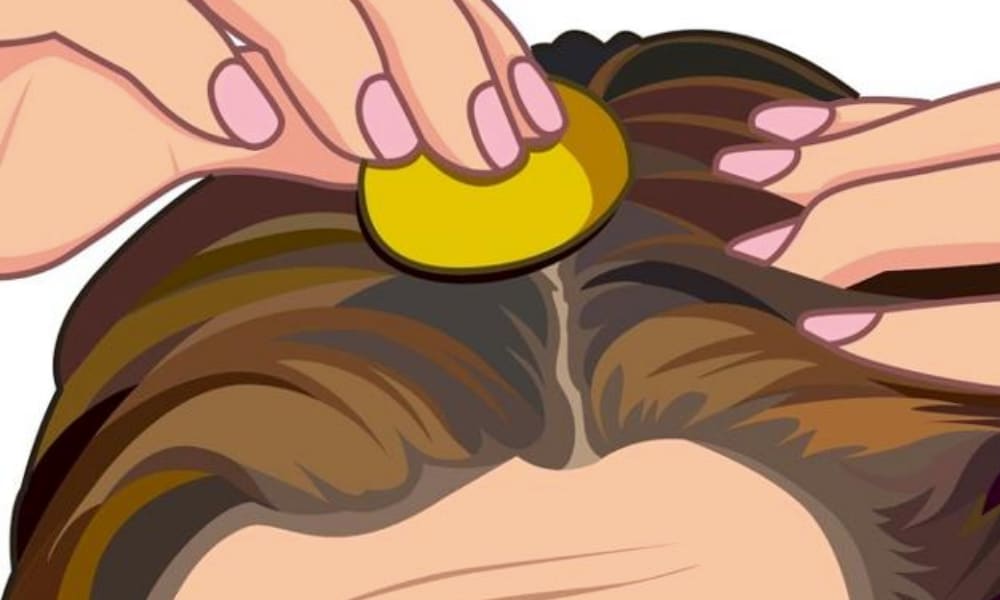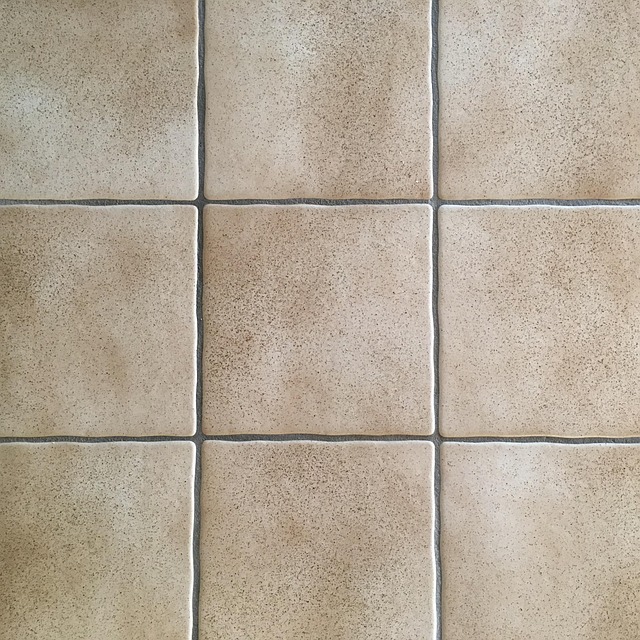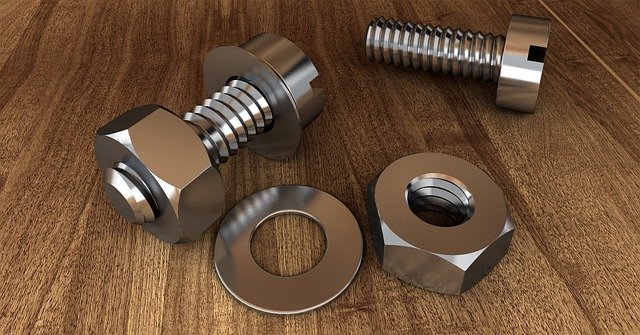Hair Thickening Shampoo: How It Works and What to Expect
Hair thickening shampoos are formulated to temporarily increase the appearance of hair volume and improve texture through a combination of cleansing agents, conditioning polymers, and active ingredients. These products are commonly used by people noticing finer strands, reduced density, or early signs of shedding to create fuller-looking hair while addressing scalp health and strand strength.

This article is for informational purposes only and should not be considered medical advice. Please consult a qualified healthcare professional for personalized guidance and treatment.
What does shampoo do for hair?
A basic shampoo removes sebum, dirt, and product build-up from the scalp and hair shaft, creating a cleaner base for styling and scalp care. For hair that appears limp or weighed down, specific shampoo formulations aim to cleanse without stripping natural oils. Many thickening shampoos replace heavier silicones and oils with lightweight conditioning agents and film-forming polymers that coat individual strands to add body and lift at the root.
How do hair thickening shampoos work?
Hair thickening shampoos use several mechanisms to produce a fuller appearance. Some rely on film-forming ingredients (for example, polymers and certain proteins) that temporarily swell or coat each strand, increasing diameter. Others include humectants and conditioners that improve strand elasticity, reducing breakage and the look of thinness. Ingredient choices—such as biotin, panthenol (provitamin B5), keratin fragments, and certain peptides—are intended to improve strand condition; however, many effects are cosmetic and reversible after washing.
Can shampoo support hair growth?
Shampoo alone is unlikely to generate significant new hair growth for most people, but it can contribute to an environment that supports follicle function. Cleansing the scalp regularly reduces follicle-clogging oils and buildup, while ingredients like caffeine, niacinamide, or saw palmetto extracts are sometimes included with the intent to improve scalp circulation or modulate local factors linked to thinning. Scientific evidence varies by ingredient and formulation. For suspected medical hair loss, professional evaluation can determine whether topical treatments, systemic therapy, or procedural options are appropriate.
Will shampoo stop hair loss?
Shampoos labeled for hair loss primarily address contributing factors such as scalp inflammation, excess oil, or mechanical damage that can accelerate shedding. They are not a guaranteed solution to biological or genetic hair loss. Medical treatments like topical minoxidil or prescription medications have different mechanisms and evidence bases. Using a gentle, non-irritating shampoo and avoiding harsh sulfates or aggressive styling can reduce breakage and help preserve existing hair, but persistent or progressive hair loss should be assessed by a healthcare professional.
Choosing the right hair thickening shampoo
Selecting a shampoo depends on your hair type, scalp condition, and goals. Look for lightweight conditioners, mild surfactants, and ingredients with supporting safety data rather than relying on marketing terms. If your hair is fine but healthy, volumizing polymers and protein-based conditioners can add body. For sensitive scalps, choose fragrance-free and sulfate-reduced options. When managing thinning related to scalp issues—dandruff, dermatitis, or prolonged shedding—seek formulations that address those conditions or consult local services or a dermatologist for targeted care.
Practical tips for using hair thickening shampoo
Apply shampoo primarily to the scalp, where cleansing matters most, and let it sit briefly if the product recommends actives that need time to interact with the scalp. Rinse thoroughly and follow with an appropriate lightweight conditioner on mid-lengths and ends to avoid weighing roots down. Rotate products periodically if you notice diminishing effects from one formula. Pay attention to overall hair care habits—gentle detangling, reduced heat styling, and balanced nutrition—as these also influence hair thickness and appearance.
Conclusion
Hair thickening shampoos can help hair appear fuller through cosmetic and scalp-care approaches, but results vary by formulation and individual factors. They are most effective as part of a broader hair care routine that addresses scalp health, mechanical stress, and underlying medical causes when present. For persistent concerns about hair loss or growth, seek personalized evaluation from a qualified healthcare professional.






